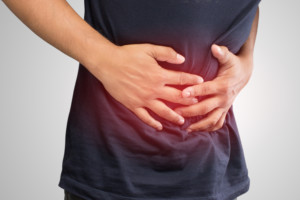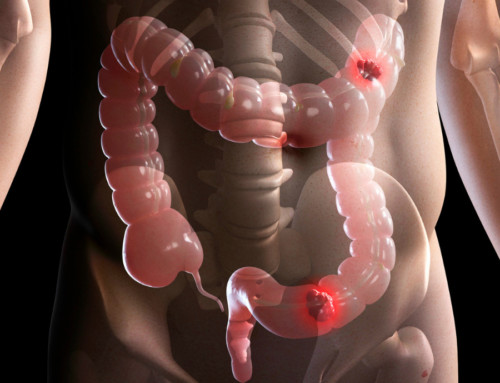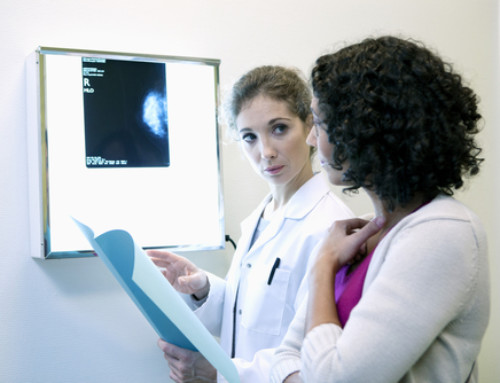 Over 135,000 Americans are diagnosed with colorectal cancer each year, which makes it the third most commonly diagnosed cancer among men and women. Colorectal cancer, more commonly referred to as colon cancer, is also one of the most treatable types of cancer if it is detected early. That is why knowing and detecting the early signs of colon cancer is important for your health.
Over 135,000 Americans are diagnosed with colorectal cancer each year, which makes it the third most commonly diagnosed cancer among men and women. Colorectal cancer, more commonly referred to as colon cancer, is also one of the most treatable types of cancer if it is detected early. That is why knowing and detecting the early signs of colon cancer is important for your health.
Make sure to educate yourself on the signs and symptoms of colon cancer so you know when it’s time to see a doctor.
Common Signs of Colon Cancer
Fatigue
Fatigue is the most common and least definitive of symptoms associated with colon cancer. Fatigue can happen if polyps or tumors bleed into the digestive tract, leading to a loss of iron over time and possibly iron-deficiency anemia. A direct side effect of iron-deficiency anemia is that individuals to feel tired and short of breath.
If you find yourself tired more often (and especially if this symptom recently surfaced), ask your doctor for a blood test. If your result reveals a low red blood cell count, it may be an early warning sign. This may prompt your doctor to order a full screening for colon cancer.
Bloody Stool or Rectal Bleeding
Many conditions such as hemorrhoids, anal tears, ulcerative colitis, and Crohn’s disease can cause bleeding in the digestive tract (and thus blood in the stool). You can identify this if your stool has a dark red or black appearance. But Regardless of the cause, bloody stool is a sign that should warrant examination. The appearance of blood in the toilet, after wiping, or in the stool itself can potentially indicate polyps or tumors somewhere in the colon.
Please keep in mind that vegetables (like beets) and some iron supplements can also darken stool color, so a quick recap of your diet will help you to determine whether or not you should schedule a checkup or an additional scan.
A Change in Bowel Habits
A sudden shift in bowel habits — whether it’s constipation, diarrhea, or a narrowing of the stool — can also be an indication of colon cancer because polyps and tumors can obstruct the colon. Be sure not to overlook or ignore a change in bowel habits, especially if these changes persist for more than a few days. Be sure to talk to your doctor about any changes or concerns you may have.
Stomach Pain
As with many other colon cancer symptoms, individuals often mistake stomach pain or bloating as another condition such as IBS or indigestion. However, when stomach pain is both sudden and severe without dissipating, this can be an early warning signal of colon cancer. Keep a careful eye on symptoms like cramping, bloating, and other stomach discomforts.
Unexplained Weight Loss
Sudden and unprompted weight loss is a common sign of cancer, including colon cancer. Weight loss in cancer patients occurs because cancer cells cannibalize the body’s energy while the body’s immune system tries to use any extra energy to fight off cancer cells.
Cancer cells can also alter the the body’s metabolism because the cells use nutrients and energy to multiply and spread. This can lead to additional weight loss in colon cancer patients. Plus, chronic diarrhea caused by polyps in the colon can also lead to weight loss, too.
So When Should I Get Checked?
If you have noticed any of the signs above, then you should consider visiting your doctor for a check up.
If you have not had any symptoms, it is still a good idea to get a check up. Doctors will recommend routine colon cancer screenings after the age of 50, but individuals with a family history of colon cancer should speak to their doctor about starting screenings earlier. In fact, if you have one first-degree relative with colorectal cancer, your risk of colorectal cancer doubles.
The test type and test frequency will depend on the patient in addition to the patient’s age, family history, and other factors. Talk to your doctor or contact one of our colorectal specialists about getting screened to find out what is right for you.





